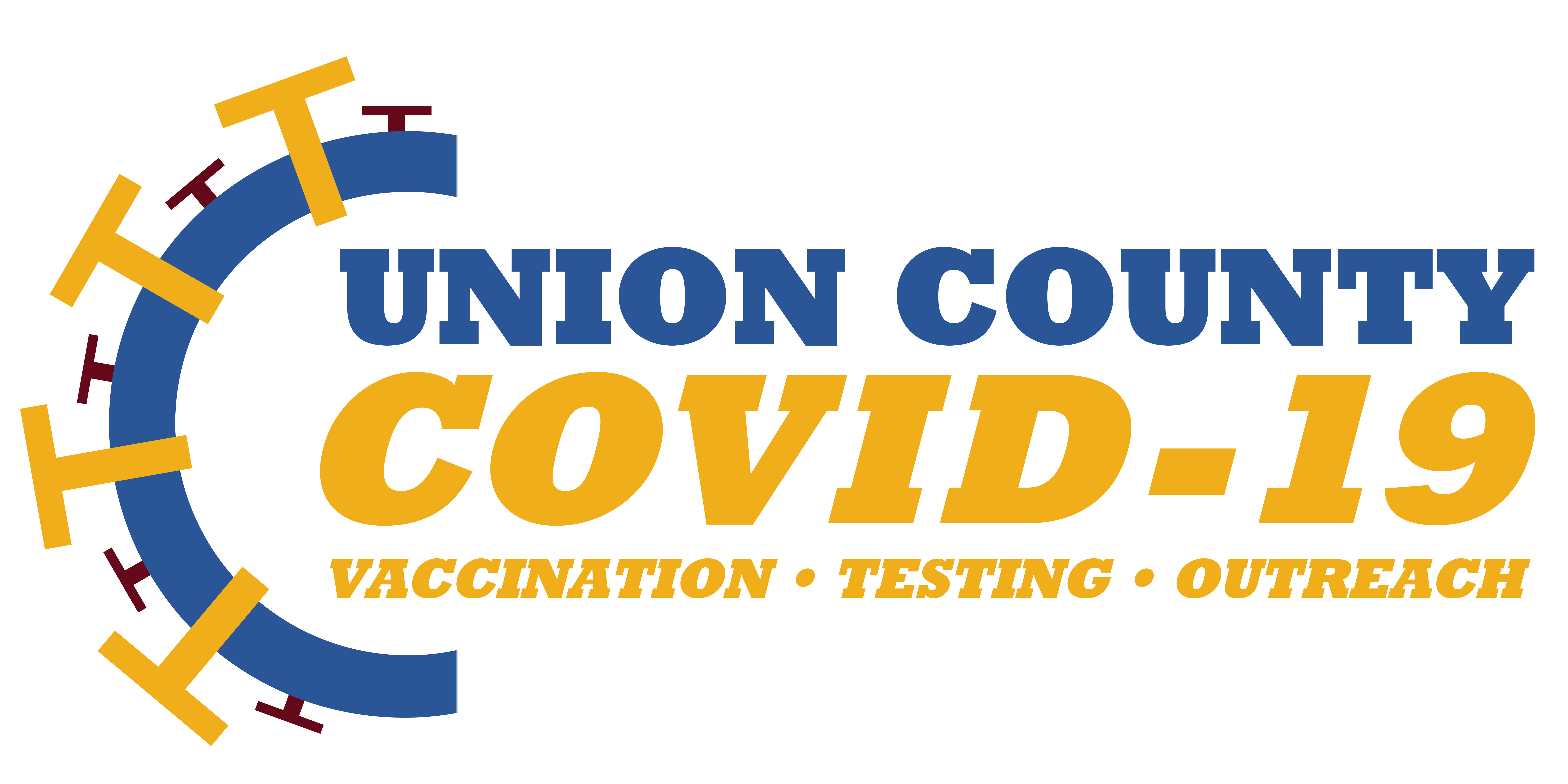Who should get a COVID-19 vaccine booster?
Pfizer booster shots are recommended six months after completing the Pfizer series for some groups of people who received this vaccine:
- People 65 years and older and residents in long-term care setting should receive a booster shot of Pfizer’s COVID-19 vaccine at least 6 months after their Pfizer primary series,
- People ages 50-64 years with underlying medical conditions should receive a booster shot of Pfizer at least 6 months after their Pfizer primary series,
- People aged 18-49 years with underlying medical conditions may receive a booster shot of Pfizer COVID-19 vaccine at least 6 months after their Pfizer COVID-19 primary series, based on their individual benefits and risks, and
- People aged 18-64 years who are at increased risk for COVID-19 exposure and transmission because of occupational or institutional setting may receive a booster shot of Pfizer COVID-19 vaccine at least 6 months after their Pfizer primary series, based on their individual benefits and risks.
Underlying Conditions include
- Cancer
- Chronic kidney disease
- Chronic lung disease (COPD, asthma, interstitial lung disease cystic fibrosis, pulmonary HTN)
- Dementia or other neuro conditions
- Diabetes (Type 1 or 2)
- Down Syndrome
- Heart conditions (heart failure, CAD, cardiomyopathies, HTN)
- HIV infection
- Immunosuppressed state
- Liver disease
- Overweight and obesity – BMI > 25 kg/m2
- Pregnancy
- Sickle cell disease or thalassemia
- Smoking, current or former
- Solid organ or blood stem cell transplant
- Stroke or cerebrovascular disease
- Substance use disorder
- More information can be found here
I want to get a booster dose, but I’m not eligible yet. Why not?
The Pfizer vaccine was the first COVID-19 vaccine to be authorized in the U.S., so its data about booster doses were the first to be available. Guidance and recommendations about boosters for the Johnson & Johnson and Moderna vaccines and whether it’s advisable to mix and match vaccines and boosters are still forthcoming.
…But can I anyway?
The COVID-19 vaccines have received the most intense safety monitoring in U.S. history, and that monitoring has allowed public health officials to make science-based recommendations that keep people safe. There is limited data about the safety and effectiveness of mixing COVID-19 vaccines, and data is still under review concerning booster doses for the Johnson & Johnson and Moderna COVID-19 vaccines, so people are advised against seeking “off-label” uses of the vaccines.
What is the difference between a third dose and the booster shot? Who is eligible for the third dose?
Third doses are approved for people who are moderately to severely immunocompromised or are on any medication or treatment that makes their immune response insufficient. They are eligible for a third dose at least four weeks after a second dose on an mRNA vaccine (Pfizer or Moderna). This includes people who have:
- Been receiving active cancer treatment for tumors or cancers of the blood
- Received an organ transplant and are taking medicine to suppress the immune system
- Received a stem cell transplant within the last 2 years or are taking medicine to suppress the immune system
- Moderate or severe primary immunodeficiency (such as DiGeorge syndrome, Wiskott-Aldrich syndrome)
- Advanced or untreated HIV infection
- Active treatment with high-dose corticosteroids or other drugs that may suppress your immune response
In contract, boosters are an additional dose due to waning immunity.
